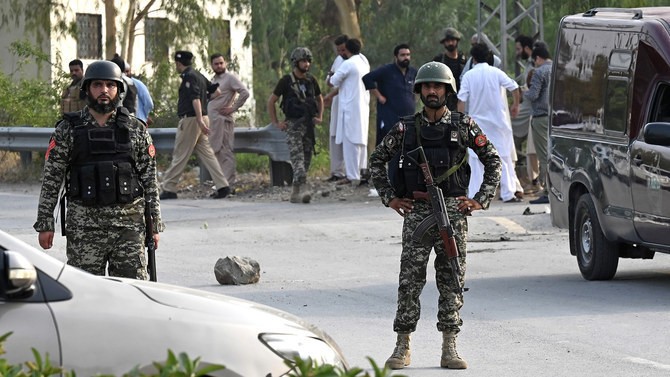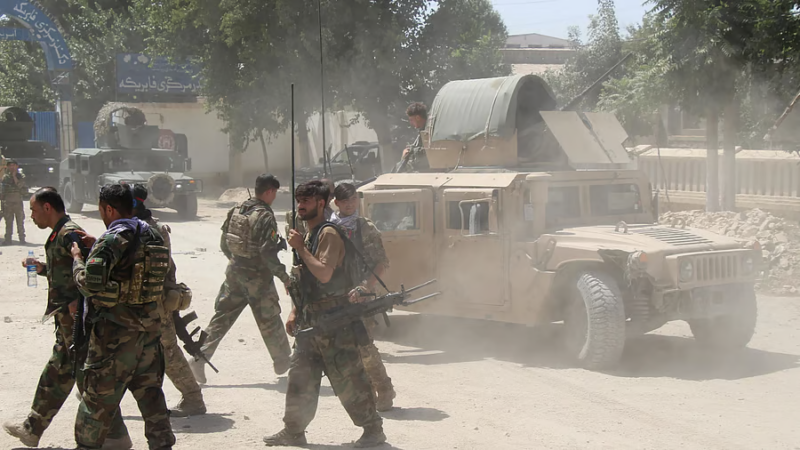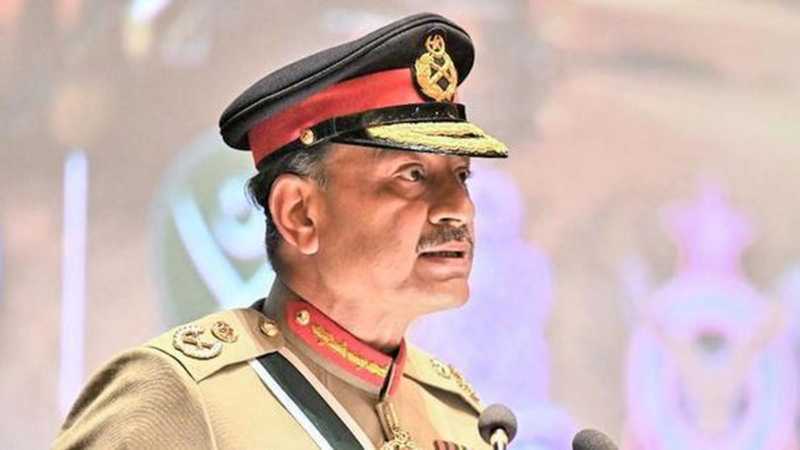Khyber Pakhtunkhwa police foils ‘honour killing’ bid, but the practice is endemic in Pakistan

Police in Shangla in the Khyber Pakhtunkhwa province of Pakistan on Tuesday claimed to have foiled an attempted act of honour killing and saved the life of a young girl, whose parents were allegedly taking her from Mansehra to Kohistan to murder her.
Shangla police department, in a statement, said that the parents of the girl, who is a grade 10 student, were taking her to Kohistan under a “comprehensive plan” to murder her based on suspicion of talking to a boy on the phone.
Police said the girl’s father, uncle and a relative, and the driver of their vehicle have been taken into custody.
The girl “thanked” the police for taking “timely action” and saving her life. But everyone is not as lucky as her in Pakistan, witnessing a surge in the incidents and allegations of honour killing.
Last month, a married woman, mother of five children, and her alleged paramour were murdered by her husband and his brothers in a suspected honour killing at Shaikh Muhammadi village in Pakistan’s northwestern city of Peshawar.
However, the suspects managed to flee after the double murder.
There is a long list of honour killing victims in the country, but the number of foiled honour killing attempts is not that high.
Honour killing, which is locally known as karo-kari (Urdu) in Pakistan, is the murder of a member of a family or social group by other members, due to the suspicion that the victim has brought dishonour upon the family or community. The family or group views the death of the victim as a way to restore their reputation and honour, as women and girls are seen to embody family honour in many communities in Pakistan.
Honour killing has been a practice in Pakistan for many years, and it remains a common practice today in the country, despite recent legal reforms and pushes from both international and local activists as well as activist groups to end this menace.
The so-called ‘Honour killings’ are endemic in Pakistan as the Human Rights Commission of Pakistan (HRCP) reports about 500 cases of honour killing on an average every year, while it suspects that around 1,000 girls and women are murdered in the country every year in the name of honour.
Data collected by HRCP showed that some 1,961 incidents of honour killings were reported across Pakistan in the four years between 2018-22 in which at least 2,537 people became victims.
Amnesty International, a UK-headquartered international NGO focused on human rights, said the Pakistan government must end impunity of the country’s tribal councils to stop the so-called “honour killings”.
Nadia Rahman, Amnesty International’s Deputy Regional Director for research in South Asia, said: “The authorities must end impunity for violence and abolish so-called village and tribal councils that prescribe such horrific crimes.”
“The continued failure of the Government of Pakistan to curb the extra-legal power of jirgas or tribal councils to run parallel legal systems perpetuating patriarchal violence with impunity is extremely concerning,” Nadia Rahman added.
“Previously, the Supreme Court of Pakistan has ruled that the operation of these tribal councils is contrary to Pakistan’s international commitments under the Universal Declaration of Human Rights, International Covenant on Civil and Political Rights and Convention on the Elimination of All Forms of Discrimination Against Women,” said the Amnesty International official, adding that “While repeated so-called ‘honour killings’ have resulted in legislative amendments and societal outrage in Pakistan, they remain unabated.”
She opined that it is not enough to arrest people after such attacks take place, and the authorities must end impunity for violence and abolish so-called village and tribal councils that prescribe such horrific crimes.
However, seeking justice in the cases of honour killing is extremely problematic in Pakistan, as a wide legal loophole currently exists that allows perpetrators of “honour” killings to escape any punishment.
According to Amnesty International, under Pakistani law in cases of murder, the victim’s family is allowed to pardon the perpetrators, and the culprits are then free from prosecution and sentencing.
(ENDS)






